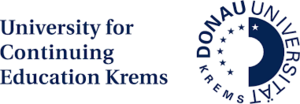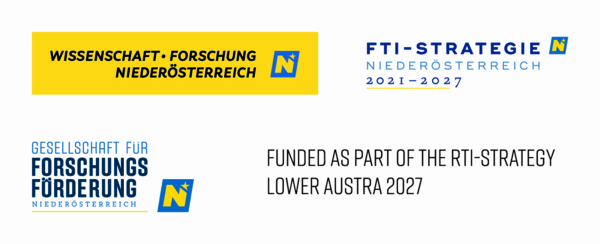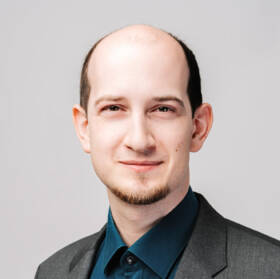Background
The emergence of new communication technologies has profoundly altered the way information is shared. Rapid content creation and widespread distribution are beneficial to both society and the economy. On the flipside, it has also led to a rise in disinformation. Disinformation – a type of misinformation – encompasses false, inaccurate or misleading information intended to cause harm or make a profit. These new forms of manipulation and deceit are challenging traditional media's role in fact-checking. Therefore, it needs countermeasures to successfully keep disinformation at bay. Empowering individuals and professionals to detect and counter disinformation has already borne fruit, but additional innovative solutions are required.
Project Content
In the project “Young Citizen Scientists Against Disinformation” (YCSAD), we aim to investigate disinformation with a strong focus on the perspective of young adults. Currently, research in this area predominantly views young adults as passive consumers of web content, neglecting their autonomy and their capability to develop strategies for handling disinformation on their own. By involving young adults as citizen scientists (CS) in YCSAD, we intend to overcome this shortcoming.
Goals
The main research aims of the YCSAD project are:
- Gaining insight into the topic of disinformation by considering the perspective of young adults. This is driven by the idea that young adults are at the forefront of digital media use, and their experiences and coping strategies hold potential for creating new solutions to counter harmful online content.
- Laying the groundwork for a future disinformation platform, infrastructure, or tool based on citizen science. To achieve this, the project team and the citizen scientists will identify what helps young adults deal with disinformation.
- Actively supporting young people in further enhancing their abilities to critically assess and counteract disinformation. This is achieved by raising awareness, expanding knowledge and fostering exchange with other young adults.
- Enabling a fruitful exchange between science and society, where young adults learn about scientific work, while scientists, in turn, learn about young adults’ experiences with disinformation.
Methods
In YCSAD, we employ a qualitative social science approach alongside design thinking methods, working closely with citizen scientists (CS) throughout the entire project – from research and conception to design, development and testing. Young CS from the target group actively participate in interviews, focus groups and workshops, enabling researchers to gain a thorough understanding of their perspectives and needs. Testing loops are conducted at all stages, ensuring usability and meeting user needs. Access to young adults is facilitated through three secondary schools in Lower Austria. CS involvement primarily takes place in classrooms, with designated representatives facilitating communication between researchers and CS. Researchers collate and analyse data. To avoid bias, CS are only involved in the interpretation of the data. In regular discussion sessions project data is validated and placed in perspective.
Summary
Studies on how disinformation impacts young people typically emphasise protective measures or access restriction. However, there is a scarcity of efforts genuinely seeking and valuing their opinions and perspectives. In YCSAD, we choose a different approach and not only consider young people’s needs and experiences, but also look at their daily practices and the strategies they use when encountering disinformation. By actively involving young adults as citizen scientists in the research, they have a say in how they are perceived and understood in the scientific world.
In addition to traditional scientific channels for dissemination, we also prioritise science-to-public communication. We seek to empower our citizen scientists to become disseminators among their peers.
Project Partner
Funding
You want to know more? Feel free to ask!
Department of Computer Science and Security
Assoz. Prof. Mag. Dr. Walter Seböck, MAS MSc
- UWK Universität für Weiterbildung Krems (lead)



